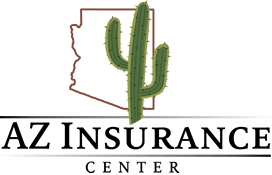We know that the world of insurance can be very confusing for those individuals who are not directly involved with it on a day to day basis. There are lots of strange terms and unfamiliar idea to deal with. We don’t want you feeling lost and confused when you are shopping for insurance or dealing with a provider, so we have created this handy little glossary of common insurance terms to help you out!
Liability Insurance: This is the basic level of insurance. If you are involved in an accident and are held accountable, liability insurance covers that damages that have been done. Typically, bodily injury and property damage liability fall under this category as well.
Premium: You premium is basically just your monthly insurance bill. The cost of your premium can be influenced by a number of things. If you have extensive coverage with many perks, your premium may be higher. Driver record can also impact premium. Your premium and your deductible typical have an inverse relationship with one another.
Deductible: If you are involved in an accident and are held liable, you insurance company is going to cover the cost of damage, but first you have to pay a deductible. Your deductible is a payment you must make before you insurance company steps in to help with the remaining amount. If you pay a higher premium, it is likely your deductible will be lower. Likewise, if you pay a small premium, you may have a high deductible.
Comprehensive Coverage: Liability insurance doesn’t cover everything. If you want to be totally protected, you may want to opt for comprehensive coverage to help fill in the gaps. Comprehensive coverage protects you if your car is damaged in some way other than a collision. For example, if your car incurs hail damage, or is vandalized, you will be protected by comprehensive coverage. It also protects you if your car is stolen.
